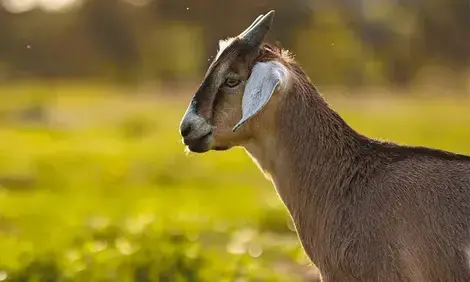



Hilton Beef Quota to EU Going Unused
ANALYSIS - Most of the countries granted the “Hilton” quota to ship high quality beef to the EU are not meeting their allotted amounts, writes Chris Harris.And the shortfalls are frustrating importers and traders both in the EU and around the world.
The latest country to miss the Hilton target is Australia, who has traditionally exported all its quota of 7,150 tonnes of high quality beef.
Over the last year Australia shipped 90 per cent of the quota at 6,441 tonnes.
But while Australia has fallen short this year most other countries that are shipping high quality beef to Europe, largely into the foodservice and catering trade, have also missed their targets and meat traders are missing out on premium prices for premium products.
In all, the Hilton quota allows 67,250 tonnes of high quality beef into the EU from third countries at a special tariff rate. The European Commission defines the class and conformation and age of the animals from which the high quality beef cuts are taken and also the fact that the beef is grass-fed.
The Hilton quota grants export allowances to Argentina, Brazil, Uruguay, Paraguay, USA, Canada, Australia and New Zealand
However, over the last financial year the exporting countries have hit just 62 per cent of the target – exporting just 41,757 tonnes.
While Australia managed 90 per cent of its allowance, Argentina which has the largest allocation of 30,000 tonnes shipped 81 per cent.
The US and Canada have a shared allocation of 11,500 tonnes of quota, but shipped just four per cent and Brazil exported just 30 per cent of its 10,000 tonne allowance.
For countries such as New Zealand and Uruguay and until this year Australia, who generally use all their allocation, the quotas that are not used by other countries cannot be redistributed.
With countries failing to get near their allocation, this effectively reduces the amount of this high quality beef that is available for traders and consumers.
According to Liz Murphy, the director of the International Meat Trade Association based in London, part of the explanation for the Australian shortfall could be a switch to exporting more beef against the grain-fed quota because that quota attracts zero duty.
She added that there are also a limited numbers of cattle available for the EU market from the farms that have been EU approved.
And the problems that Australia has had with drought and cattle numbers in recent times could also have affected the numbers going to the Hilton quota.
However, she added: “Imports are a lot higher than in the past and Australia still has a presence on the EU market.”
Meat and Livestock Australia said: “Counter-intuitively, although Australia’s ‘Hilton’ quota usage fell, grass-fed beef exports for 2012-13 were up two per cent, to 8,808 tonnes.
“This indicates that Australian grass-fed beef has been potentially shipped under other EU quotas which Australia has access to, such as the GATT frozen beef quota, the system A/B manufacturing beef quota, or shipped out of quota (incurring a high duty).”
The missed target for Brazil is largely down to difficulties the country has in meeting all the criteria stipulated by the EU for high quality beef in particular how the animals are finished.
Brazil is continually requesting changes to the definitions of the supplies for the quota to enable the producer to meet the criteria.
The shortfall for Argentina is largely due to the country's beef sector turmoil, with the government restricting exports and trying to control prices and supply onto the domestic market.
Any changes that might be proposed by the international beef trade and the beef sector within the EU to redistribute quota or allow more flexibility in reallocation of unused quota would have to undergo lengthy negotiation and discussion within the European Commission bureaucracy before any reforms could be made.
TheCattleSite News Desk


